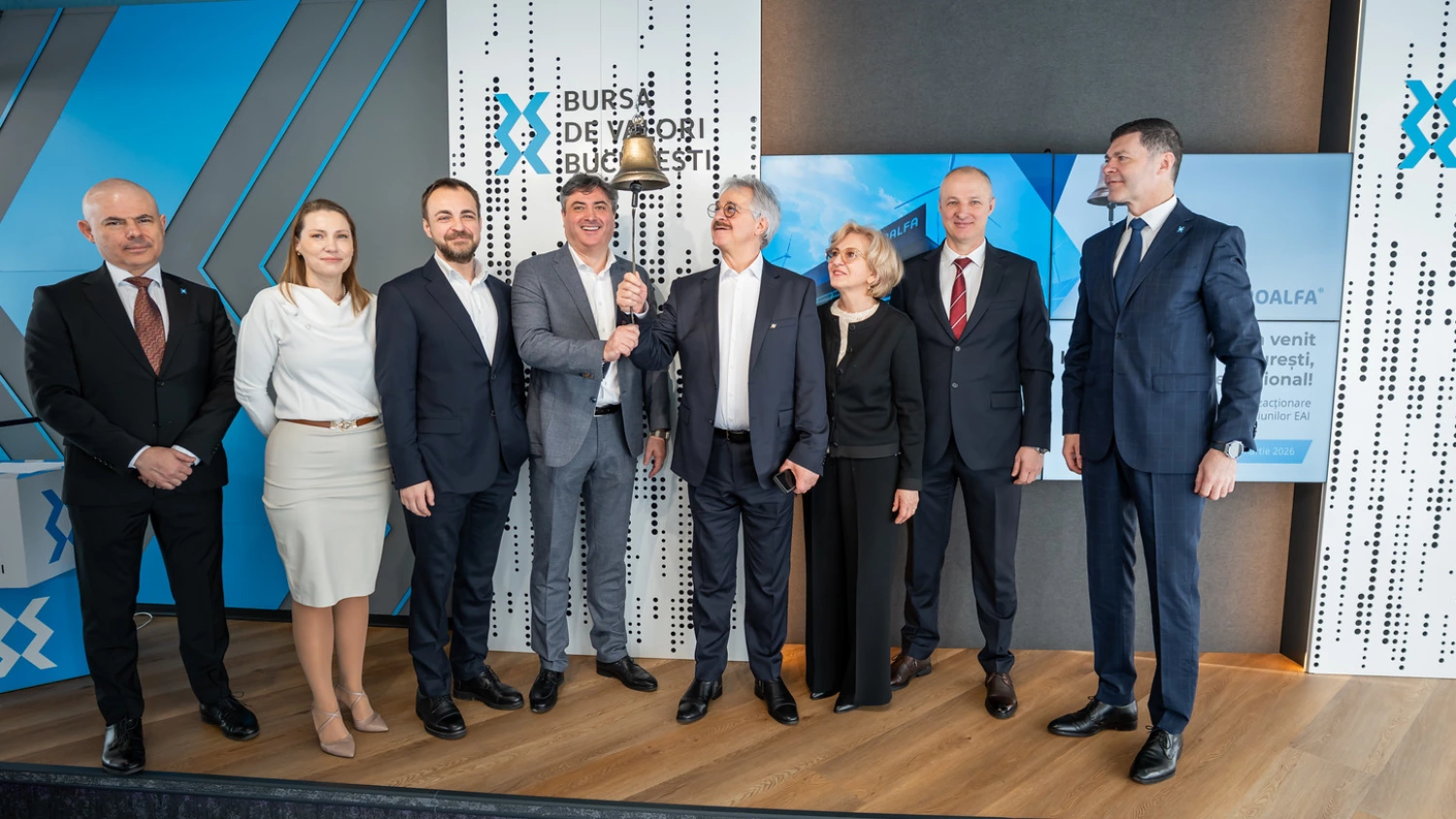According to Reveal Marketing Research's latest survey, pessimism is on the rise among Romanians about 2025, with 27% expecting life to be more difficult in the new year, compared to 19% last year.
45% of Romanians adopt neither an optimistic nor a pessimistic outlook, an attitude that highlights the uncertainty they feel about the future. On the other hand, 28% say they are optimistic about the year ahead, with a significantly higher percentage among those with incomes over RON 6,000 (33%).
"The increase in pessimism and the prevalence of a neutral attitude suggest that Romanians are increasingly feeling social and economic uncertainty. At the same time, the higher optimism among those with higher incomes reflects a difference in perception, driven by access to financial resources," says Marius Luican, CEO of Reveal Marketing Research.
Romanians' level of satisfaction with their lives and vision for the country's future
Assessing the level of satisfaction with different aspects of everyday life, we find that Romanians are most satisfied with their interpersonal relationships with family (72%), with people close to them (67%) or with romantic relationships (61%). As a trend, people with low incomes (under RON 3000) are less satisfied with romantic relationships (40%).
The lowest satisfaction scores were recorded for professional aspects, namely job satisfaction (48%) and current financial situation (42%).
Against the backdrop of job dissatisfaction, 25% of Romanians plan to change jobs in the new year, especially young people aged 18-34 (40%) and those with children (29% compared to 23% of those without children).
Romanians' pessimism about the country's outlook for the coming year is high. Cutting corruption (54%), reducing inflation (51%) and improving the economic situation (47%) are seen as difficult goals to achieve in the next 12 months.
Romanians' plans and resolutions for 2025
Romanians' main plans for 2025 include a healthier lifestyle - a balanced diet, losing weight (51%), spending more time with family (29%) or traveling more (29%).
The desire to tackle a healthier lifestyle is significantly higher among mature over 55s (70% vs. 51% total sample), while for those aged 44-55 the desire to travel more is more important (35% vs. 29% total sample).
Turning to young people, 25-34 year olds are more likely to want to develop new skills (19% vs. 12% total sample) or to participate in personal and professional development courses (13% vs. 7% total sample).











